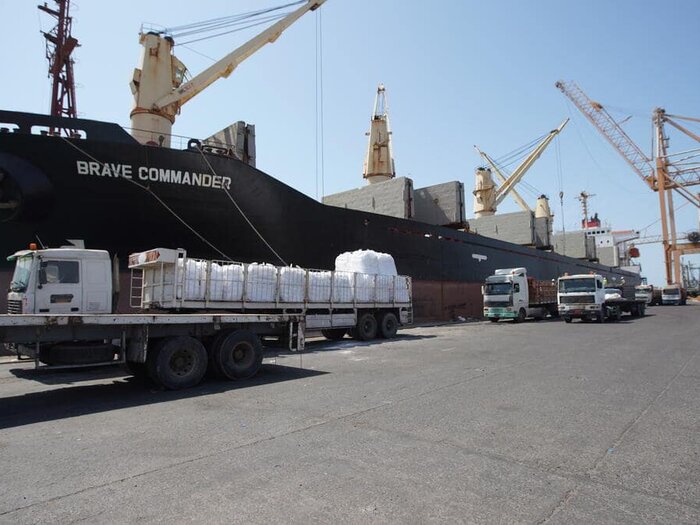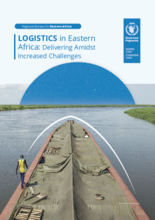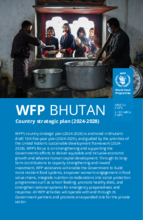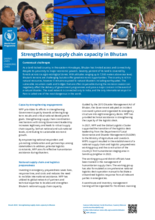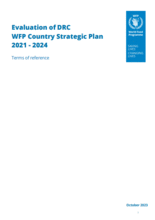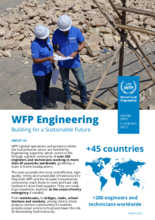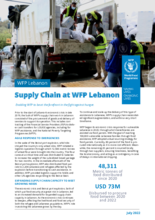Logistics and delivery networks
- 6,500 trucks, 140 aircraft and 20 ships
- WFP’s global logistics capacity - on any given day
- 850 warehouses
- in WFP’s worldwide network to store food, equipment and relief items
- 1,400 trucks and 35 fleet workshops
- owned and managed by WFP
Disaster zones; besieged cities; remote, famine-stricken villages – feeding the world’s hungry means negotiating extremely challenging environments, working around poor or lacking infrastructure, and thinking creatively to overcome seemingly insurmountable obstacles.
On any given day, the World Food Programme (WFP) coordinates an average of 6,500 trucks, 140 aircraft, 20 ships and a network of 850 warehouses to deliver assistance to people living in the most food insecure and inaccessible corners of the world.
WFP’s longstanding experience and its established presence in partner countries enable it to understand local economic dynamics; navigate bureaucracy; and find solutions that are appropriate for each context and agile enough to fit changing circumstances.

